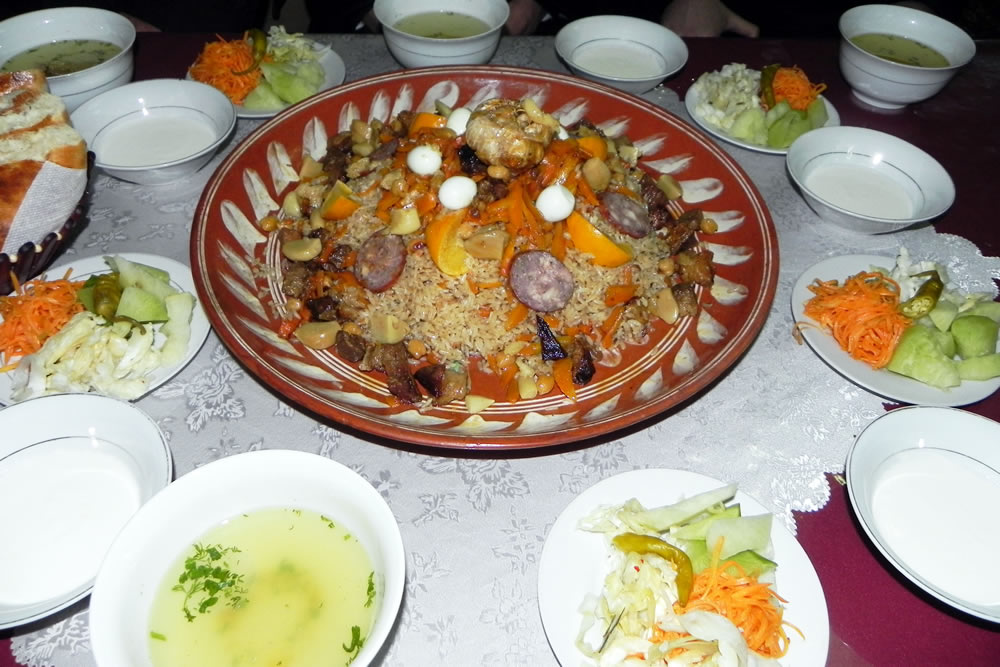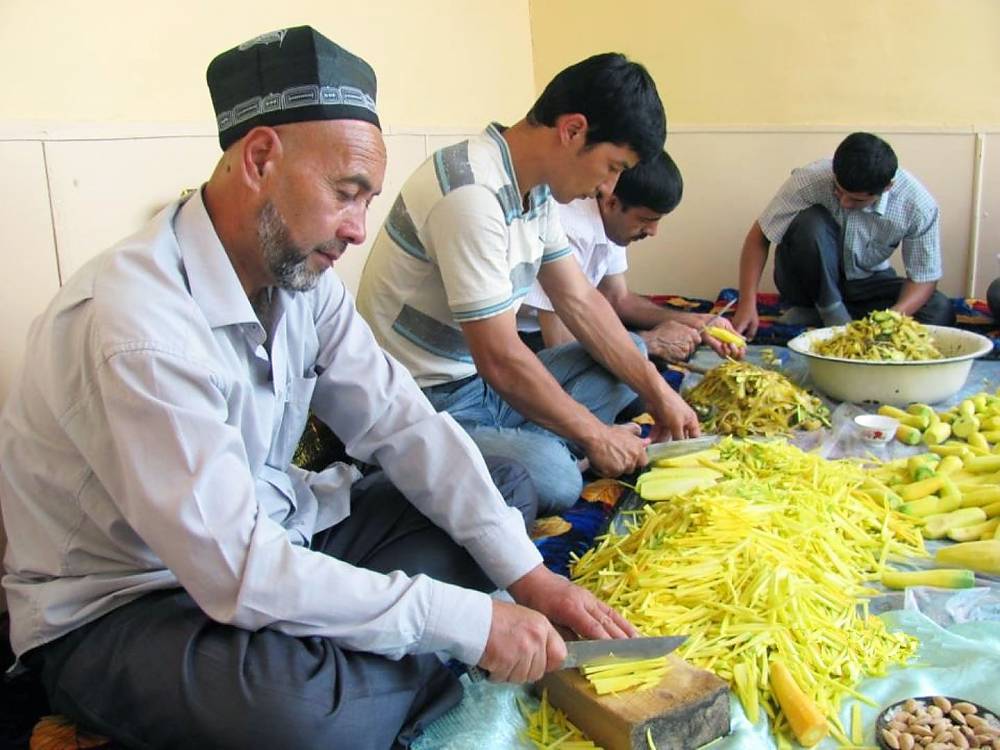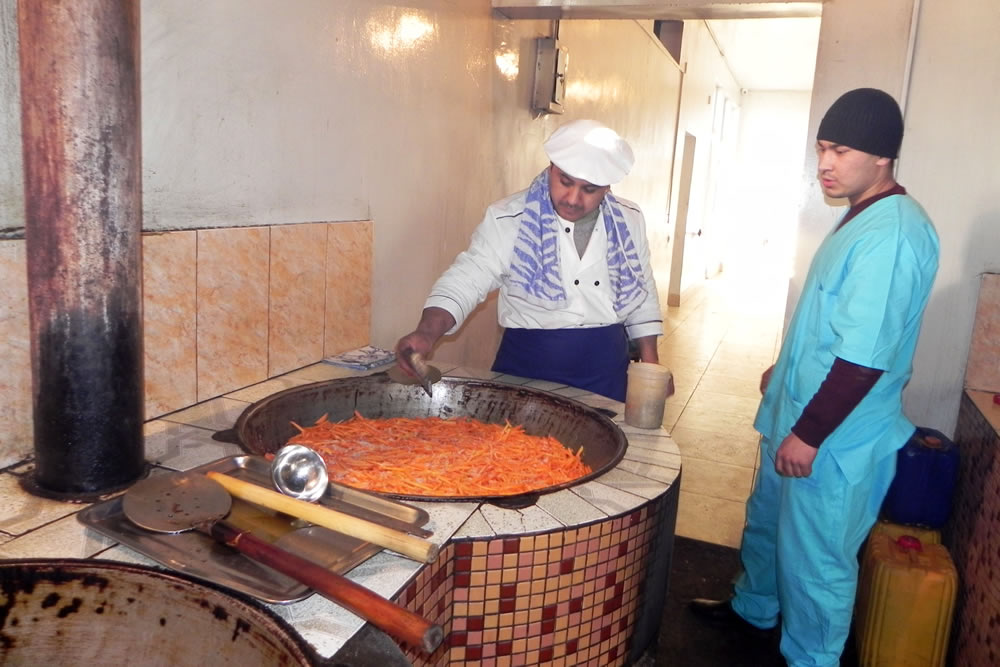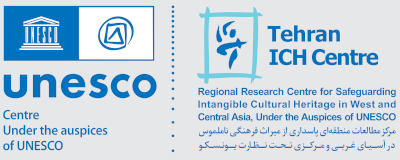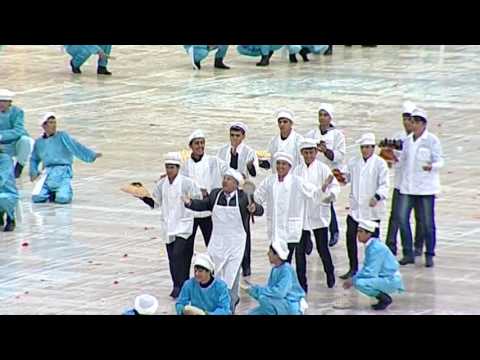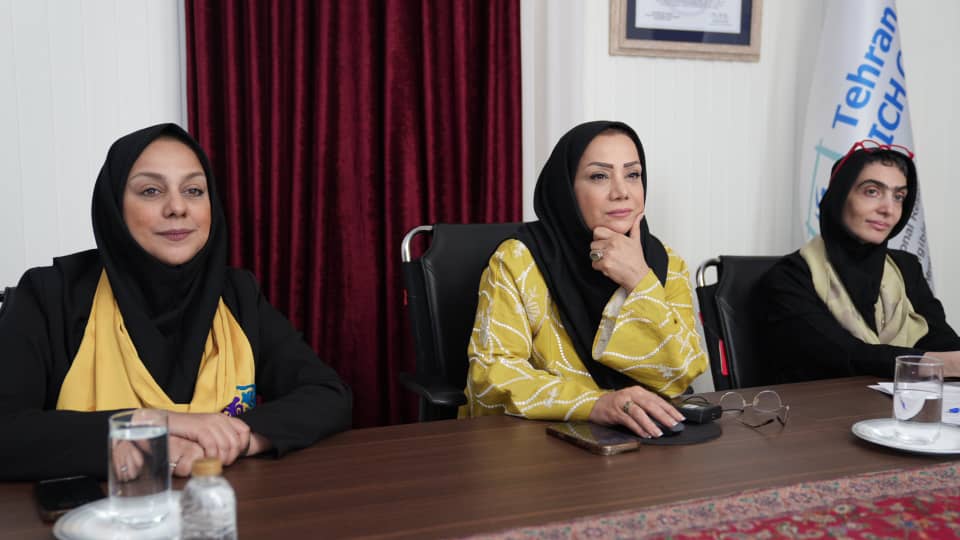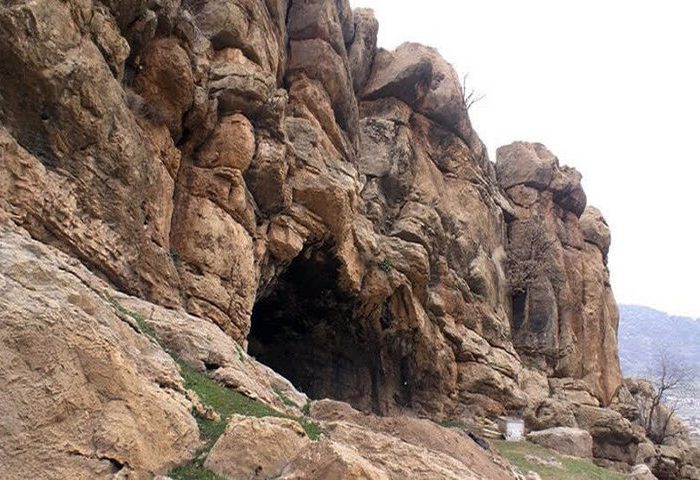Oshi palav (pilaf) is a traditional dish of communities in Tajikistan recognized as a part of their cultural heritage. Otherwise known as the ‘King of meals’, it is based on a recipe using vegetables, rice, meat and spices but up to 200 varieties of the dish exist. Considered an inclusive practice that aims to bring people of different backgrounds together, oshi palav is prepared to be enjoyed at regular mealtimes, as well as social gatherings, celebrations and rituals. The importance of the dish to communities in Tajikistan is indicative in sayings such as “No Osh, no acquaintance” or “If you have eaten Osh from somebody, you must respect them for 40 years”. Groups of men or women prepare the dish either in their homes or at teahouses while socalizing or playing music and singing. Knowledge and skills associated with the practice is transmitted on an intergenerational basis in families, in addition to cooking schools from master to apprentice. Once an apprentice masters oshi palav, the apprentice hosts a dinner for the trainer and guests during which the trainer receives a skull-cap and traditional dress while the apprentice receives a skimmer (a tool for cooking oshi palav) symbolizing the apprentice’s independence.
